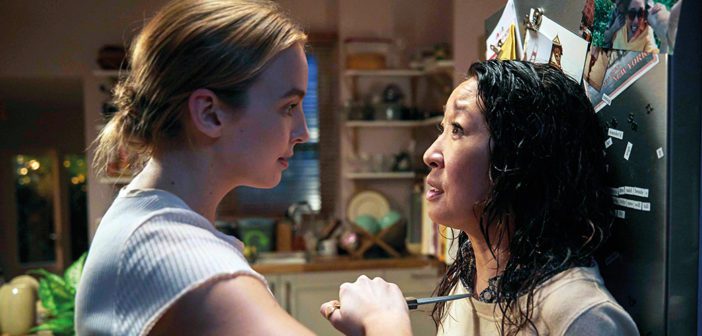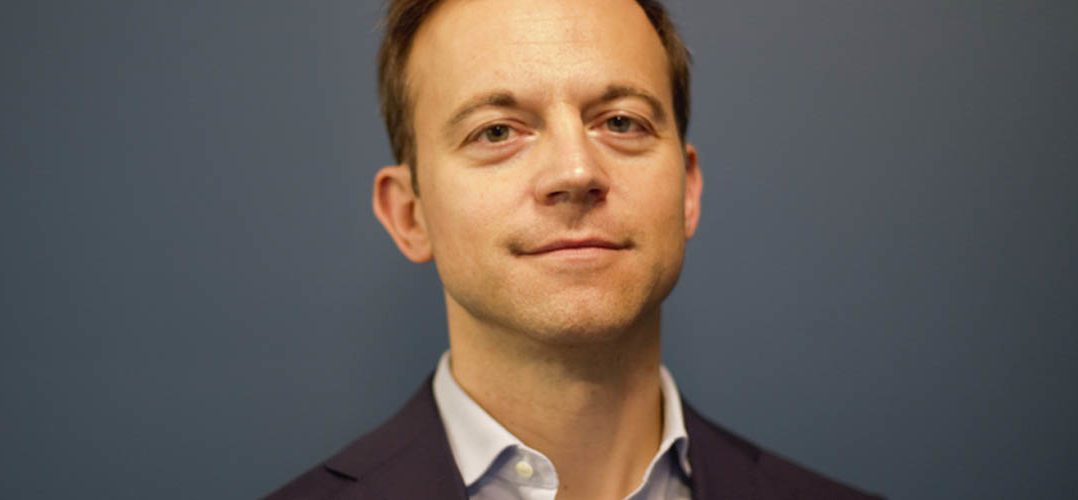Endeavor Content specialises in financing, sales and advisory services for premium television properties, documentaries, and feature films. Its primary goal is to empower artists and content creators by providing them with more ownership and creative freedom as they navigate the media landscape. Endeavor Content is a division of Endeavor (formerly WME | IMG ), a global leader in sports, entertainment and fashion operating in more than 30 countries.
The following is a transcript of a conversation between Lorenzo De Maio of Endeavor and Guy Bisson of Ampere Analysis.
>Describe the role of Endeavor in getting TV projects off the ground?
We have built a setup allowing flexibility to producers and filmmakers to maximize their financial and creative upside. This means Endeavor Content can get involved at any stage of a film or TV project, from securing underlying IP all the way into script development and sales. This allows producers to access a range of services and options, from financing to production infrastructure, packaging and sales, with an approach that is tailored to each project.
>What trends are you noticing in terms of new TV projects getting greenlit…are there any key themes or characteristics emerging that are new or different?
An emerging trend has definitely been a focus on backing unique voices and greater specificity in storytelling, moving away from broader genres and subjects into series that show a strong point-of-view, such as with Phoebe Waller-Bridge reinventing the thriller genre in Killing Eve, or Beau Willimon approaching a massive canvas such as human space exploration in an incredibly specific, character-driven way.
>What process do you go through to match talent to a project and how does that impact the ultimate success in terms of it actually getting made?
Talent is the main factor in the success of a project, both because the market has become increasingly crowded and competitive, with talent providing a strong distinguishing element, and because talent has now become much more entrepreneurial in wanting to find and tell specific stories that speak to them and to their audiences. Curating the approach to talent is one of our strengths, coming from a strong relationship and our desire to always back talent in their endeavors. Just a couple of examples are working with Gal Gadot on her passion project, Hedy Lamarr, at Showtime, with Sarah Treem showrunning, and backing Damien Chazelle on his passion project The Eddy, at Netflix.
>At what point in a project would you step aside and are there any trends in terms of the level of involvement which Endeavor now takes in TV projects against a few years’ ago?
We offer compelling and aggressive deals and allow producers and filmmakers to always be the ones to decide on our involvement. We are definitely more open than ever to back talent and filmmakers and providing them with everything they need to pursue their projects, from financing and packaging all the way into their production and sales.
>How involved are you in sourcing and securing financing for a project?
We are fully involved in financing, both directly and sourcing through partner companies, always looking to help guide producers and our partners into the best path and structures instead of the more traditional sub-optimal deals. Creating more financing options and greater flexibility allows creatives to control their content and find a more direct path to their audiences. As examples, after the initial commission from BBCA, we provided the financing for Sid Gentle, the producers on Killing Eve, as well as funding the deficit on The First, a co-production between Channel 4 and Hulu. We also provide development financing, for example optioning the rights of the podcast Limetown and working with the creators and with Midnight Radio to develop the series, which was recently greenlit at Facebook starring Jessica Biel.

>What trends and new ways of financing are emerging for TV in particular?
A strong trend is that the market is moving away from traditional financing, since there are a lot of additional ways to finance projects, allowing creators to retain more control and upside. Buyers, especially global SVODs, are also going directly to producers to provide financing, although producers are now more savvy in working with partners to assess the value of the rights they are selling, as well as exploring alternative financing scenarios for every project.
>Are you noticing any trends in the way rights deals are being struck that are relevant to consider when scoping a new project?
Given the ever-increasing value of IP in a crowded marketplace, there is definitely a trend towards faster reversion, protecting creators and ensuring projects maintain forward momentum. In terms of territorial rights, producers are seeing a trend towards more comprehensive rights deals across more windows, so producers and creators need to be ready to work with knowledgeable partners to assess the value of these additional rights they are selling, and to ensure that they are able to leverage the best deal.
>What top tips would you give to someone trying to get a TV project greenlit?
Firstly, really be aware of the marketplace and work with partners who have strong relationships with buyers across the world, since all territories and platforms are increasingly interconnected. Secondly, lean into diverse voices, find room for new creators who in the past might not have had the opportunity to tell their stories. These unique voices will often attract additional talent looking for new and different stories. And thirdly, ensure you work with partners that allow you to retain control of your project so you can have maximum flexibility in dealing with financing and sales options, since that will increase the likelihood of getting an optimal deal and a greenlight.
For more tips on winning a commission and getting TV projects off the ground as well as data and insight on the latest global commissioning trends, download the new exclusive report from Ampere Analysis Greenlight: Getting Your TV Project From Page To Market.




